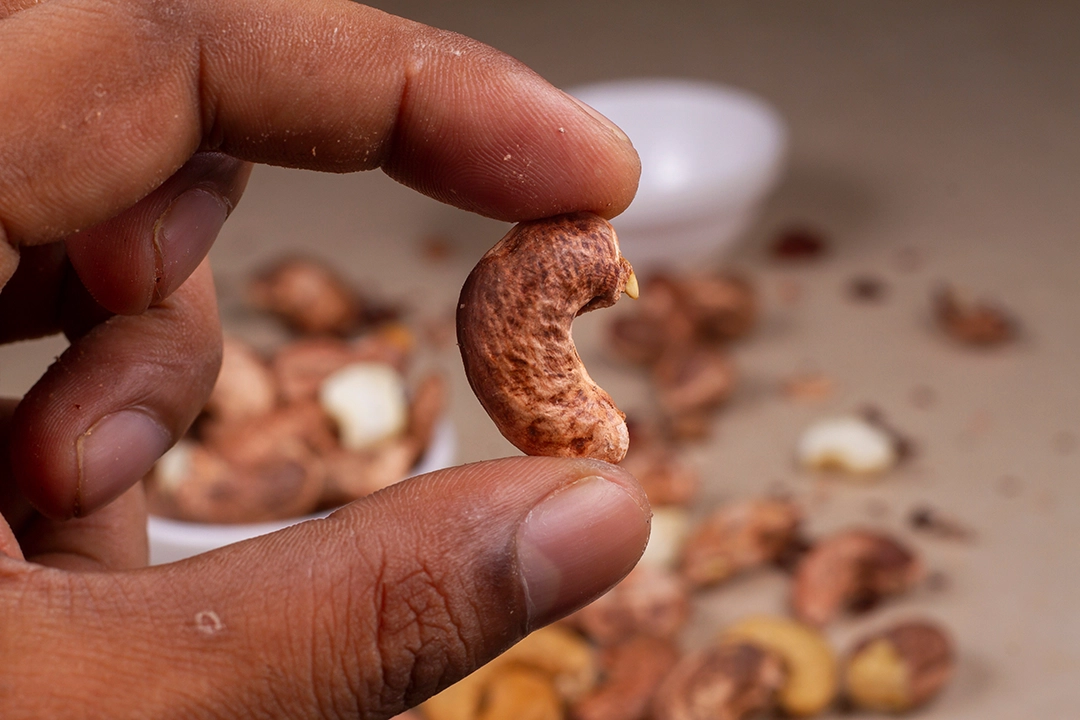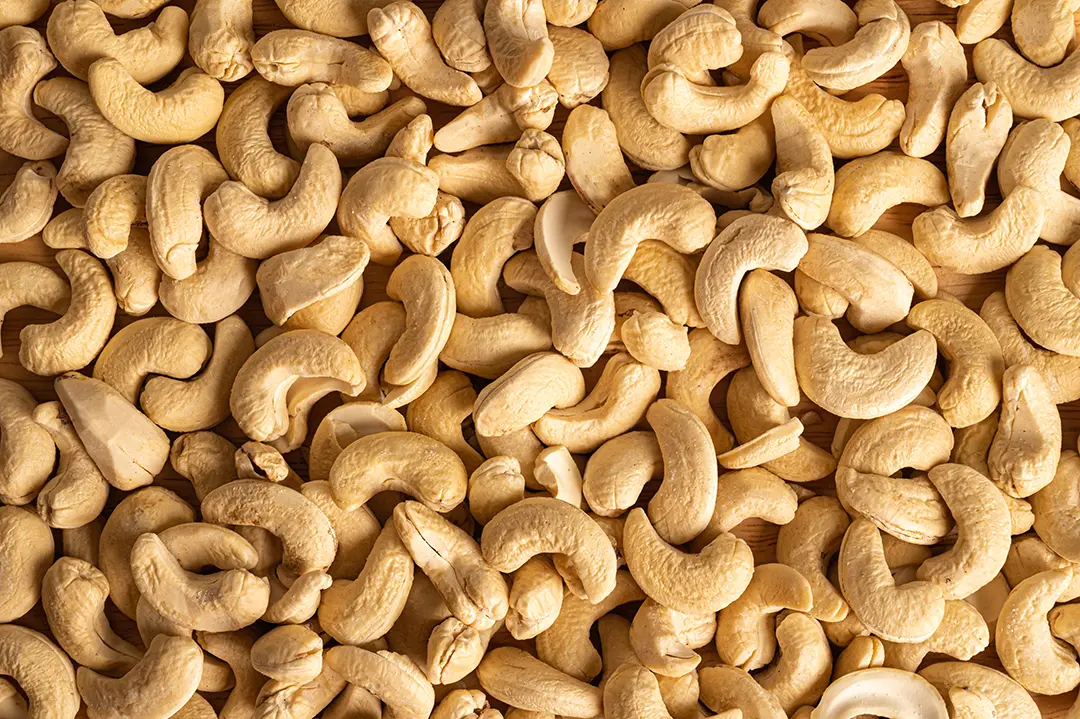Cashews are unique among nuts for their smooth taste and ability to enhance many dishes. But before they become the crunchy treats we enjoy, they have to go through an important stage – drying. This article will examine the different ways of drying cashew nuts and reveal the advantages of this process.
Before diving into the methods of drying, it’s essential to understand why we need to dry cashew kernels in the first place. Cashews are initially encased in a tough shell and surrounded by a caustic resin that can cause skin irritation. Drying the kernels not only makes them safe for consumption but also enhances their flavor and shelf life.

Methods of Drying Cashew Kernels
There are several methods to dry cashew kernels, each with its unique advantages. Let’s explore these techniques:
1. Sun Drying
A common and low-cost way to dry cashew kernels is sun drying. It means laying the kernels under the sun and letting them dry by themselves. This method is good for the environment and usually chosen by small cashew farmers.
2. Mechanical Drying
Machines regulate the temperature and humidity during mechanical drying. This method is faster and more accurate than sun drying. Larger cashew processing facilities often use it.
3. Hot Air Drying
Hot air drying involves using controlled hot air to remove moisture from the cashew kernels. This method is efficient and preserves the quality of the kernels. It is widely used in commercial cashew processing.
4. Solar Drying
Solar drying combines the benefits of sun drying and mechanical drying. Solar dryers use solar energy to heat the air, providing a controlled and sustainable drying environment.
Benefits of Drying Cashew Kernels
Drying cashew kernels offers numerous benefits:
1. Improved Safety
Drying eliminates the caustic resin that surrounds the cashew kernel, making it safe for consumption and handling.
2. Enhanced Flavor
The drying process intensifies the nutty flavor of cashews, giving them a more appealing taste.
3. Extended Shelf Life
Dry cashew kernels have a longer shelf life compared to raw ones, reducing waste and increasing market availability.
4. Increased Convenience
Dried cashews are ready for consumption or culinary use, saving time in meal preparation.
5. Easier Transport
Dried cashew kernels are lighter and less prone to damage, making transportation more cost-effective.

Cashew kernels need to be dried properly before they can be consumed or processed. Drying can be done by exposing them to sunlight or using machines. Drying has several advantages – it prevents fungal growth, enhances flavor, and extends shelf life of cashews.

